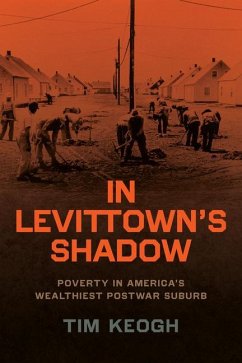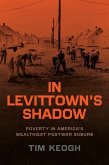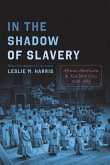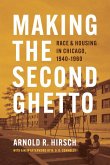"Inverting the conventional history of American suburbanization, Tim Keogh turns the spotlight from wealth and freedom to poverty and inequality. Focusing on the archetypal Long Island communities of the postwar era, Keogh shows that a key driver of suburban development and the segregation it embodied was not housing but employment. Inequality and injustice were baked into suburban development, but housing discrimination was a secondary expression of this, not a primary cause. As a result, equity-minded suburbs that focused on housing policy rather than employment opportunities were doomed to fail. Keogh hopes to motivate more effective approaches to contemporary inequity by changing our understanding of how it took shape historically"--
Hinweis: Dieser Artikel kann nur an eine deutsche Lieferadresse ausgeliefert werden.
Hinweis: Dieser Artikel kann nur an eine deutsche Lieferadresse ausgeliefert werden.








